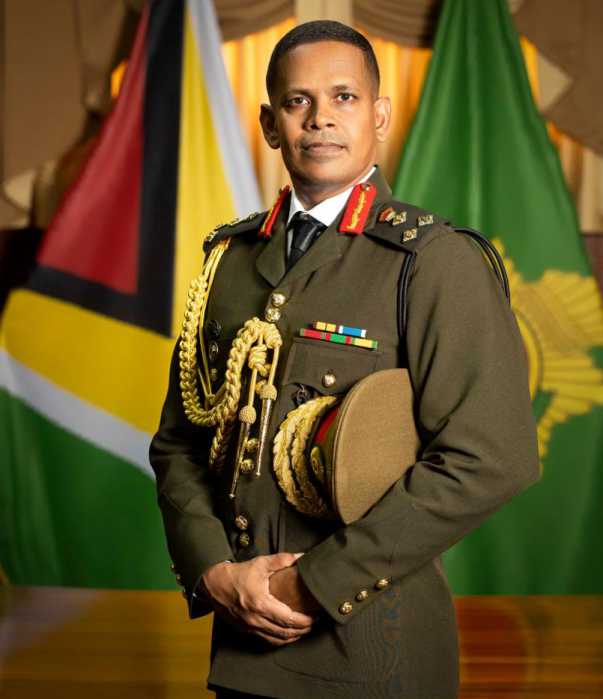The 15-member Caribbean Community (CARICOM) has come out in full support of Guyana after Venezuela declared that the “Arbitral award of 1899, which definitively settled the boundary between the two countries, is null and void.”
CARICOM said it had also taken note of the communique issued by Venezuela reaffirming its position regarding ownership of parts of Guyana and published several Caribbean newspapers.
“The Caribbean Community reiterates its firm, long-standing and continued support for the maintenance of the sovereignty and territorial integrity of Guyana and for the unhindered economic and social development for all of Guyana.
“In this regard, the Community, once again, expresses its hope for an early resolution of the controversy which has arisen as a result of Venezuela’s contention that the Arbitral award of 1899, which definitively settled the boundary between the two countries, is null and void,” CARICOM said.
Recently, the Guyana government said it “is extremely perplexed” by the decision of the Venezuela government to use the media in Guyana to publicize its opposition to the allegations by Georgetown that Caracas is seeking to stymie the development of the CARICOM country.
In a statement, the Ministry of Foreign Affairs said while a communique appearing in a local newspaper mentions the fact that leaders from both countries have underscored the “necessity of deepening cooperation” between Guyana and Venezuela, “it fails to recognize that those efforts have in fact been defeated by Venezuela’s threats and actions against investors wishing to operate and those already operating in Guyana, including by the very Communique under reference.
“The premise of Venezuela’s objections continues to be spurious and illegal claim to Guyana’s territory,” the statement said.
CARICOM said the agreement includes “the judicial option that could serve to bring an end to the controversy and ensure stability in the relations between the two countries, relations that in recent years have seen positive progress through high-level political consultations and mutually beneficial programs of functional cooperation.”




















